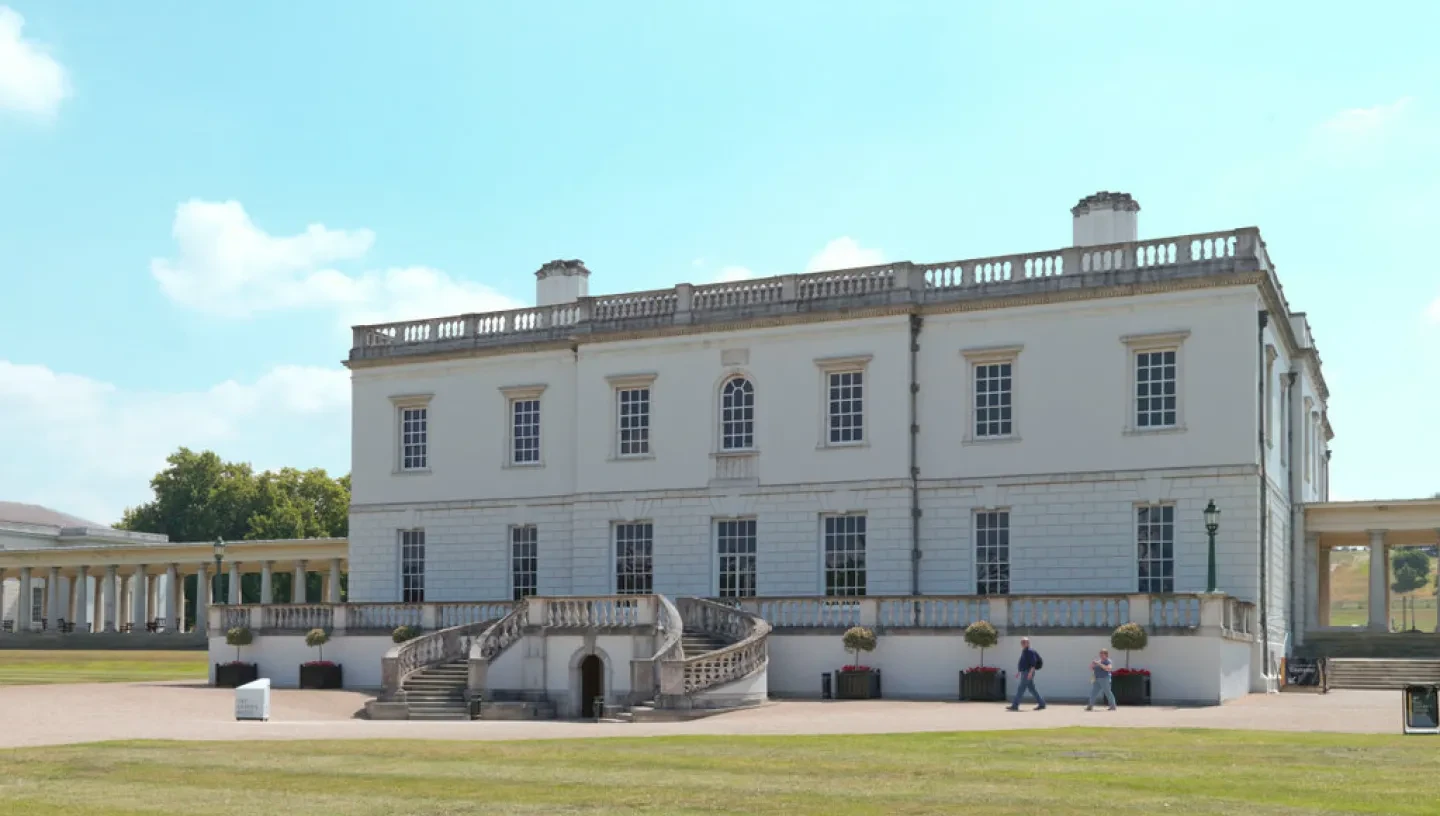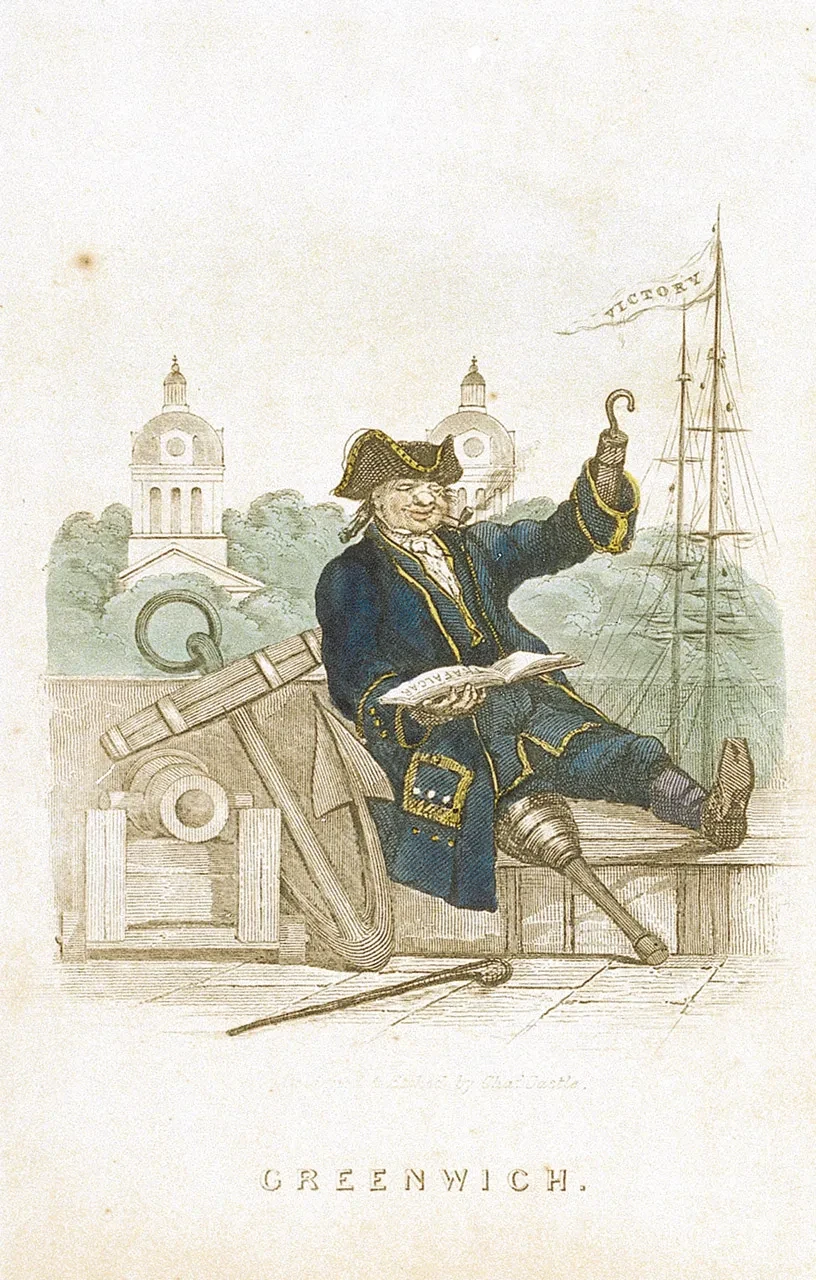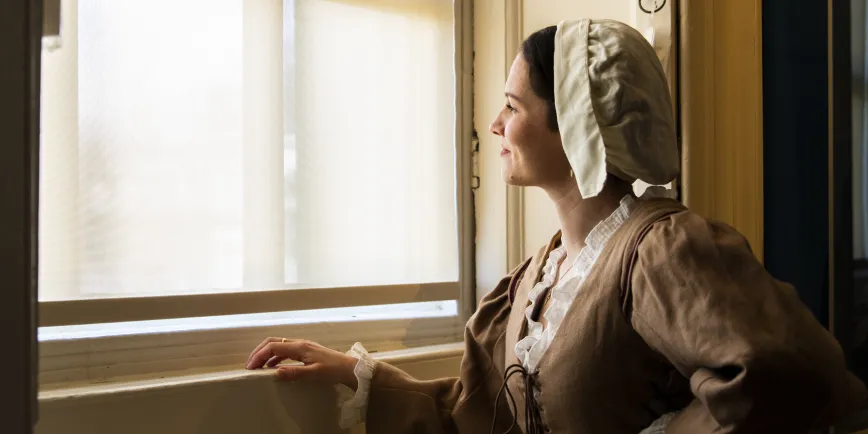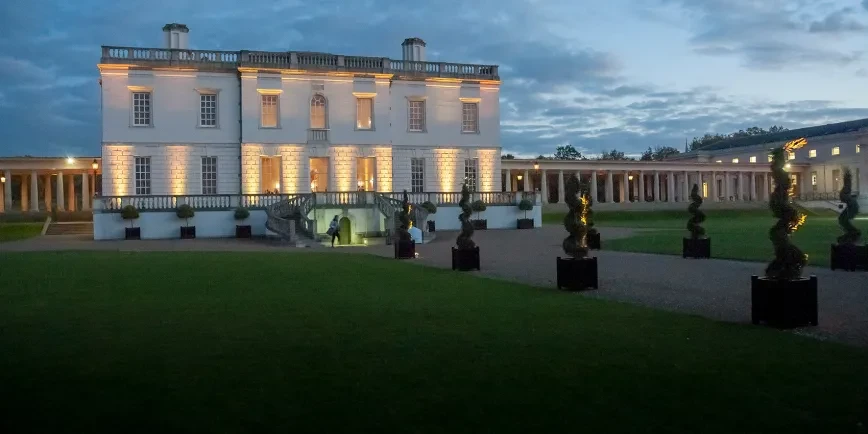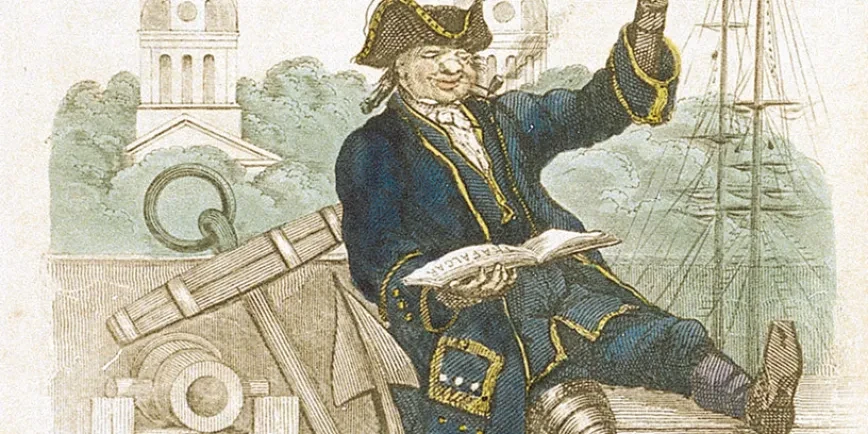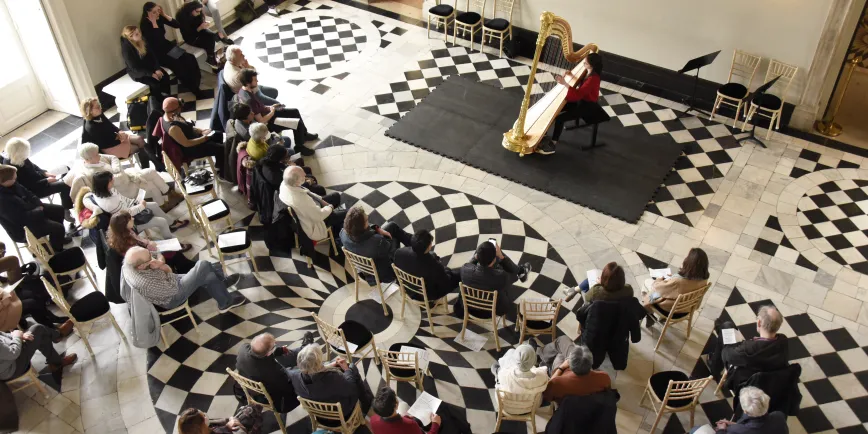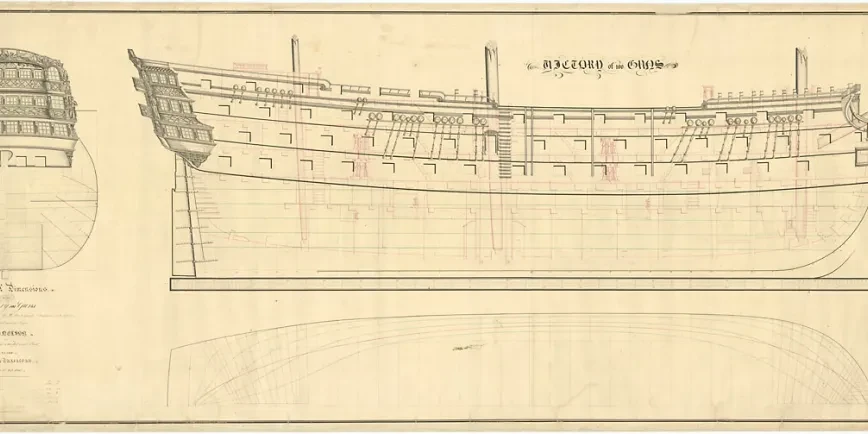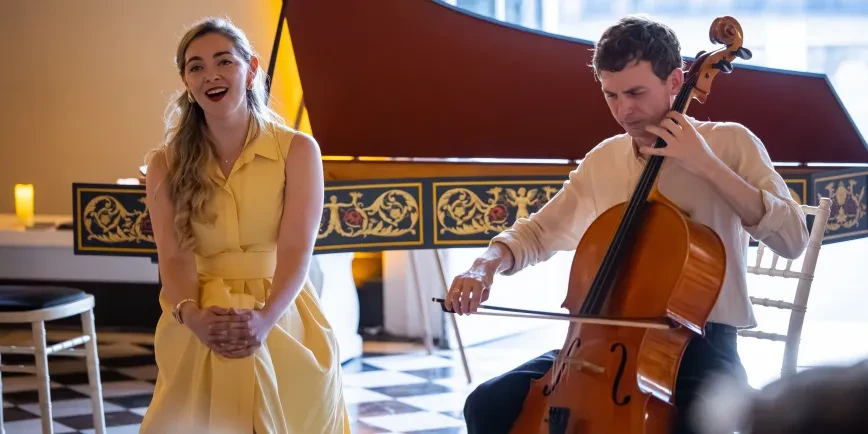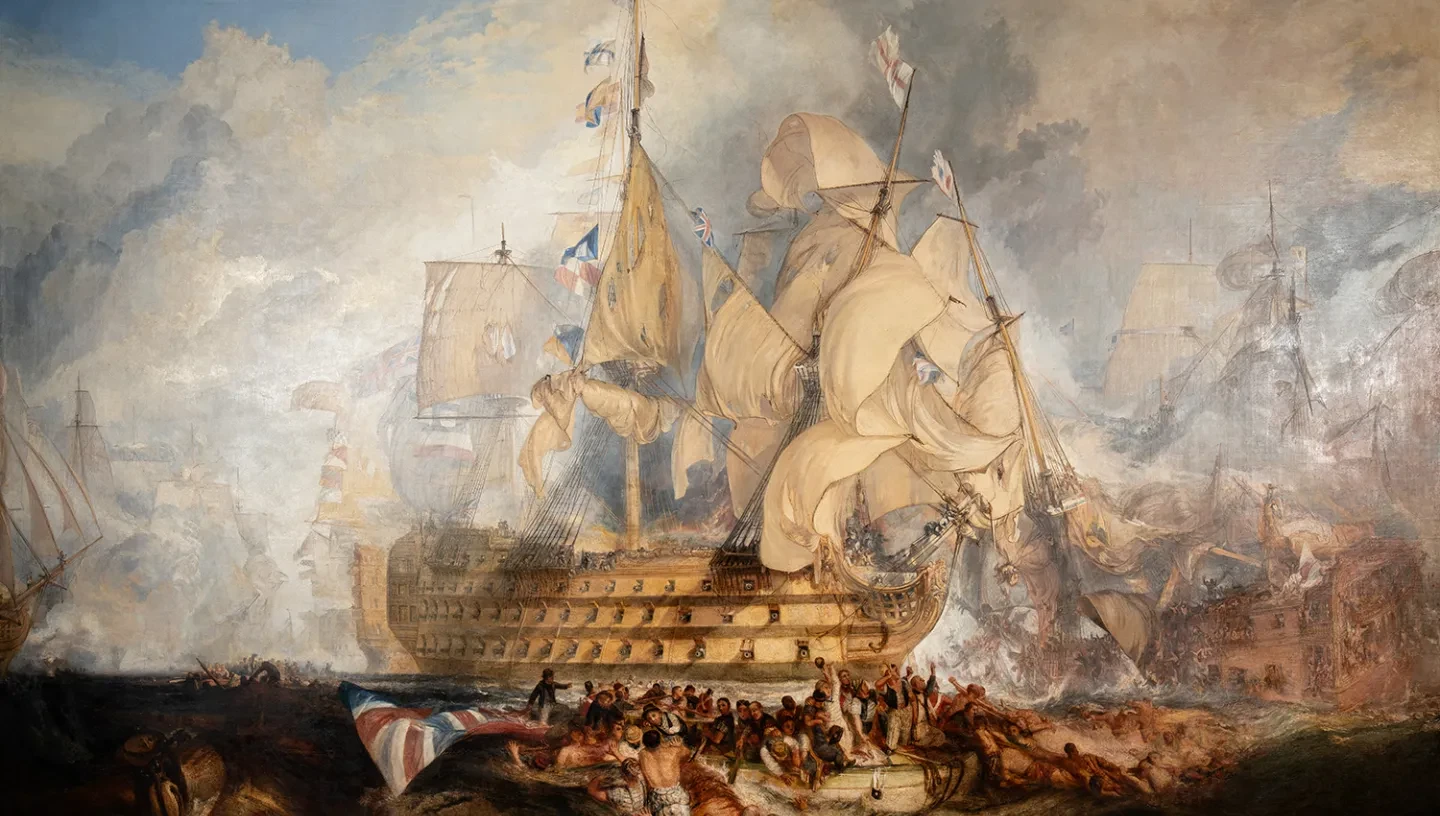
Essential information
| Type | Talks and tours |
|---|---|
| Location | |
| Date and times | Wednesday 26 November 2025 | 1pm–1.30pm |
| Prices | Free |
This talk by historian Dr Manon Williams will take you through the process of medical invalidation, where seamen, officers, and other naval employees were evaluated as ‘unfit for service’ due to injury, illness, or old age.
The decision of who qualified for support in the Navy’s welfare system was an important one. Retired and disabled seamen could receive a spot for long-term accommodation and care at the Royal Hospital for Seamen at Greenwich, but there was not enough space for everyone. While many officers were granted comfortable pensions to live at home, the lower ranks of the ship frequently had to survive from meagre out-pensions, charity relief, or casual labour. Many seamen ended up in asylums.
In this talk, we will explore how the Navy decided who was ‘unfit for service’ and who received state support and relief. Focusing on the role of medical professionals in this process, we will discuss how medical conceptualisations of disability, impairment, and old age were embedded in these assessments.
This talk will take place in the Headmaster's Drawing Room and Dining Room, located on the ground floor of the Queen's House. It is part of a series of talks responding to the themes of J.M.W. Turner's The Battle of Trafalgar, which has recently been installed in the room.
About the speaker
Dr Manon C. Williams is a historian of maritime health and medicine. Her research focuses on ship surgeons and the medical administration of the eighteenth- and nineteenth-century Royal Navy.
She is currently a Caird Research Fellow at Royal Museums Greenwich where she is investigating the involvement of medical professionals in assessments for disability and welfare support in the Navy.
Salons in the Queen's House
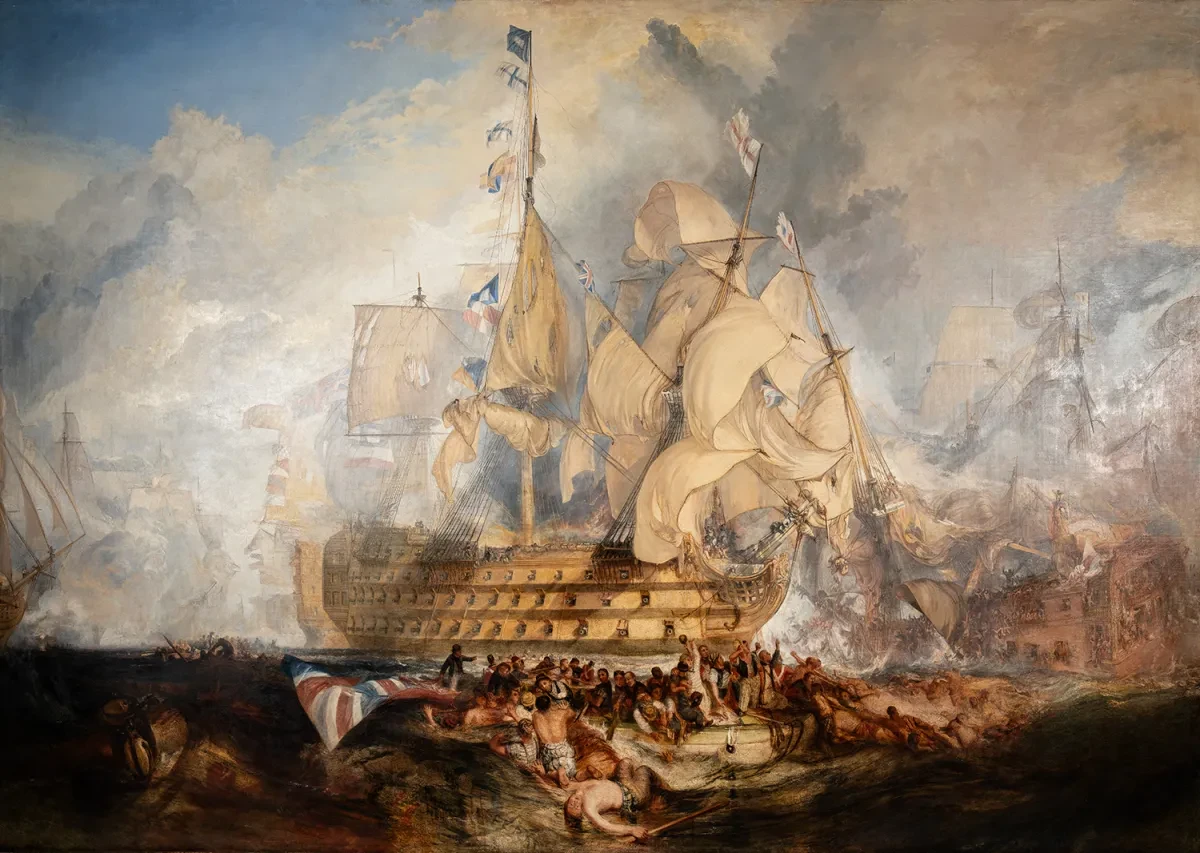
2025 marks the 250th anniversary of the birth of J.M.W. Turner, one of Britain’s most celebrated artists. To honour the occasion, his largest artwork, The Battle of Trafalgar, is the centrepiece of a new display in the Queen’s House.
This talk is part of a salon series responding to the themes of the painting.
The term 'salon' was used historically to describe social gatherings in the domestic sphere. Participation was open to a range of individuals, and women often acted as hosts. Salons were alternative spaces for learning, debate, and the exchange of ideas. We continue to explore this tradition at the Queen's House.
Speakers at our Salons include artists, researchers, curators and creative practitioners. Their talks bring to light new insights and share different perspectives.
What’s on
